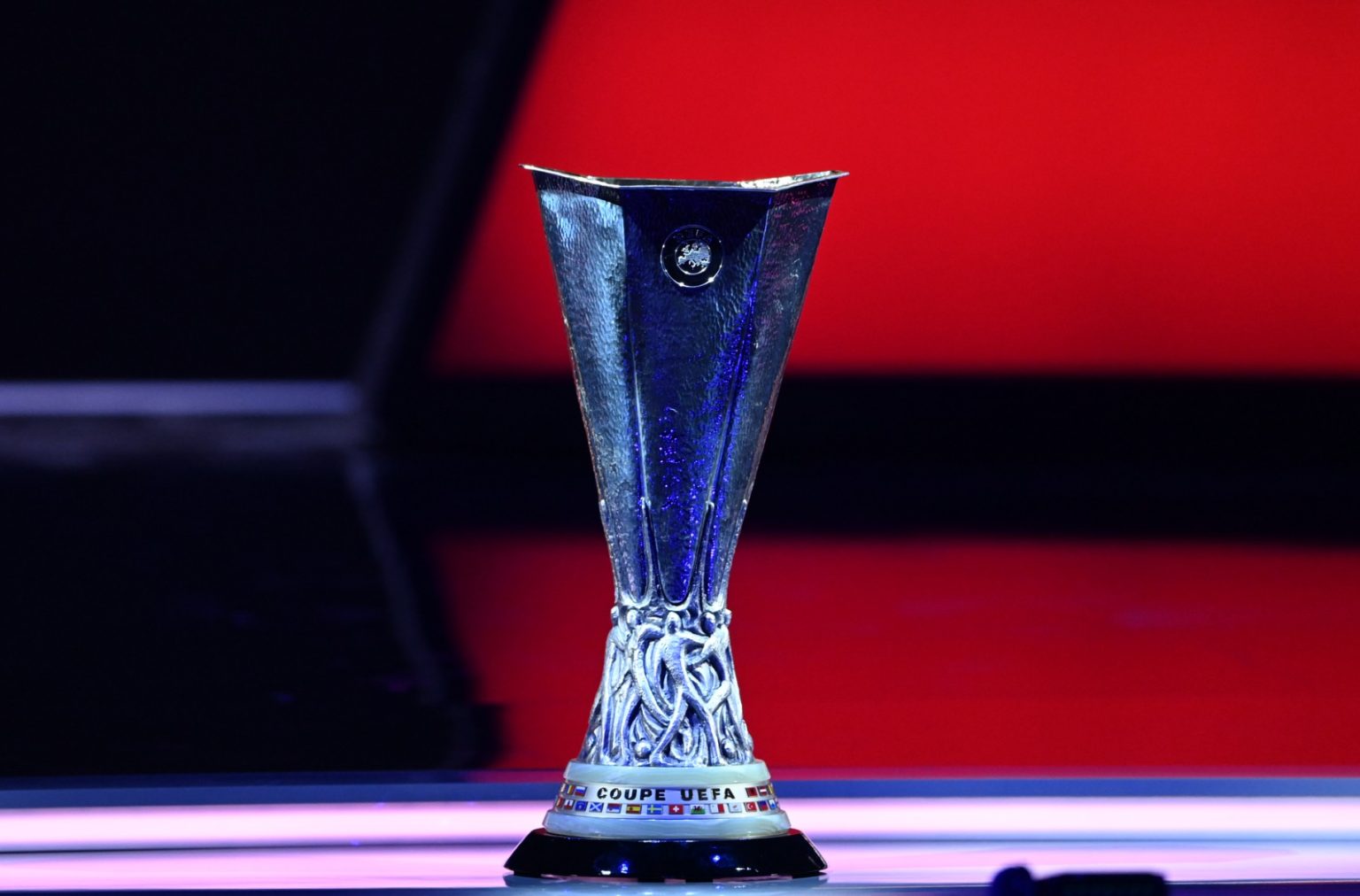The Europa League final between Manchester United and Tottenham Hotspur holds immense significance for both clubs, far exceeding the mere pursuit of a trophy. Their disastrous domestic campaigns have left them battling for a Champions League berth, a prize that carries substantial financial implications for their futures. Both teams sit precariously close to the relegation zone, a stark contrast to their historical standing in English football. The absence of European football next season would deliver a crippling blow to their budgets, hindering their ability to invest in players and infrastructure, potentially trapping them in a cycle of decline for years to come.
Former Manchester United captain Gary Neville emphasizes the long-term ramifications of missing out on Champions League football, highlighting the financial chasm it creates between the elite and the also-rans. The injection of Champions League revenue is crucial for both clubs to strengthen their squads and compete at the highest level. Without it, their ability to attract top talent and challenge for major honours is severely compromised, potentially leading to a downward spiral and further struggles in subsequent seasons. The financial pressures are particularly acute for Manchester United, whose owners have already implemented significant cost-cutting measures, including redundancies, to address the club’s financial challenges.
The financial implications of winning the Europa League final extend beyond the immediate injection of prize money. Qualification for the Champions League opens doors to lucrative sponsorship deals, increased matchday revenues, and a greater share of broadcasting rights. These financial windfalls are essential for clubs to invest in infrastructure projects, such as Manchester United’s proposed £2 billion new stadium, and maintain their competitive edge. Conversely, failure to qualify for the Champions League could force clubs to delay or scale back such ambitious projects, further hindering their long-term growth and development.
Tottenham manager Ruben Amorim acknowledges the primacy of Champions League qualification over winning a trophy, emphasizing the accelerated path it provides back to the top echelons of European football. The financial rewards of Champions League participation offer a far more sustainable route to success than a one-off cup victory, providing the resources to build a stronger squad, invest in youth development, and establish a consistent presence among Europe’s elite. This long-term perspective is crucial for both clubs, who must prioritize financial stability and sustainable growth to avoid a prolonged period of mediocrity.
The financial disparity between Champions League participants and those relegated to the Europa League or no European competition is vast and ever-widening. Football finance expert Kieran Maguire highlights the “eye-watering” sums involved, with a successful Champions League campaign potentially generating over £100 million in revenue. This disparity creates a significant competitive imbalance, making it increasingly difficult for clubs outside the Champions League elite to bridge the gap and challenge for major honours. The Europa League final, therefore, represents a pivotal moment for Manchester United and Tottenham, offering a lifeline back to the financial promised land of Champions League football.
The contrasting approaches of Manchester United and Tottenham’s ownership structures add another layer of complexity to the final. While Manchester United’s owners have implemented austerity measures, Tottenham chairman Daniel Levy has been criticized for prioritizing financial prudence over ambitious investment in the playing squad. Levy’s approach, while ensuring financial stability, has arguably hindered Tottenham’s ability to compete for trophies, leaving fans frustrated with the lack of silverware despite the club’s significant revenue growth. The Europa League final represents a critical juncture for both clubs and their respective ownership strategies, with the winner gaining not only a trophy but also the financial muscle to reshape their future, while the loser faces a challenging path back to the top table of European football.


